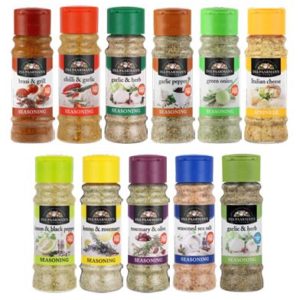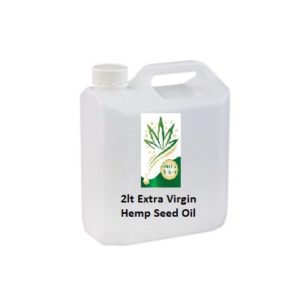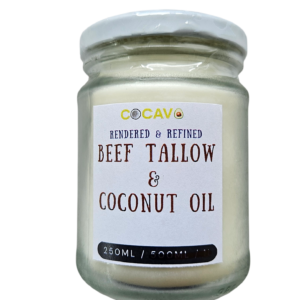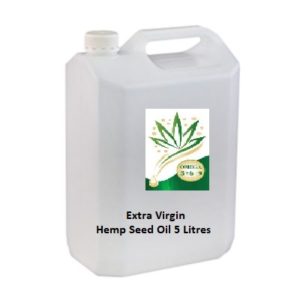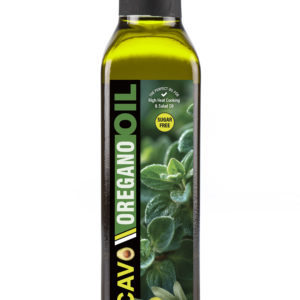Let’s Delve Deeper…
Sunflower oil is extracted from sunflower plant seeds. It has a mild flavor and a high smoke point, making it a versatile cooking oil suitable for frying, sautéing, and even as a salad dressing base. This article explores the differences between refined and cold-pressed sunflower oil, including their production processes, nutritional profiles, and culinary applications.
Production Process
Cold-pressed: Cold-pressed sunflower oil is extracted using a method that involves crushing the sunflower seeds at low temperatures to retain the maximum amount of natural flavor, color, and nutrients. This method avoids the use of heat or chemicals, resulting in an oil that maintains a more robust and distinct sunflower taste.
Refined: The sunflower seeds undergo heating and mechanical pressing to extract the oil. The resulting crude oil undergoes refining processes such as degumming, neutralization, bleaching, and deodorization. These processes eliminate impurities, colors, and odors, resulting in a clear and neutral-tasting oil.
Nutritional Characteristics
Cold-pressed sunflower oil preserves the natural profile of sunflower seeds. It contains vitamins, antioxidants, and polyphenols, including vitamins A, D and E, zinc, and omega 3, 6 and 9. The oil’s rich golden color indicates the retained nutrients. Although it may have a slightly lower smoke point than refined oil, it is still suitable for most cooking methods.
Refined sunflower oil has a milder flavor and a higher smoke point than cold-pressed oil. The refinement process removes natural antioxidants and nutrients, such as vitamins and polyphenols, but it is still a safe oil due to its low saturated fat content and high levels of monounsaturated and polyunsaturated fats.
Culinary Uses
Cold-pressed sunflower oil is often preferred in recipes because of its distinct flavor. It can enhance the overall dish, especially in salad dressings, dips, and drizzles. Although it can handle light sautéing, it may not be the best choice for high-heat applications like deep-frying.
Refined sunflower oil has a neutral taste and a high smoke point, typically around 440°F or 227°C. If you are on a restricted budget, this makes it an ideal choice for high-heat cooking methods such as frying and deep-frying. It is also versatile in baking, where it can replace other oils or fats in recipes without adding a distinct flavor.
Choosing the Right Sunflower Oil for You:
When choosing between refined and cold-pressed sunflower oil, your decision should ultimately depend on your culinary preferences, intended use, and desired flavor profile and of course, budget.
If you are looking for a cheap, neutral, high-smoke-point oil that is suitable for universal cooking, refined sunflower oil is a reliable option. However, if you value the natural, nutty taste of sunflower seeds and want to maximize the nutritional benefits, cold-pressed sunflower oil may be the perfect addition to your pantry.
NOTE
Cocavo’s High Oleic Sunflower Oil is sourced from sunflowers that are grown in the South Island of New Zealand from Canterbury down to Southland.
Once harvested the sunflower seeds are delivered to a modern crush plant in Rolleston, Canterbury where they are cold pressed using no chemicals and no added heat to extract the oil from the seed, producing delicious, healthy Extra Virgin Sunflower Oil.


